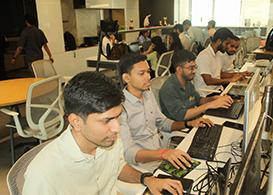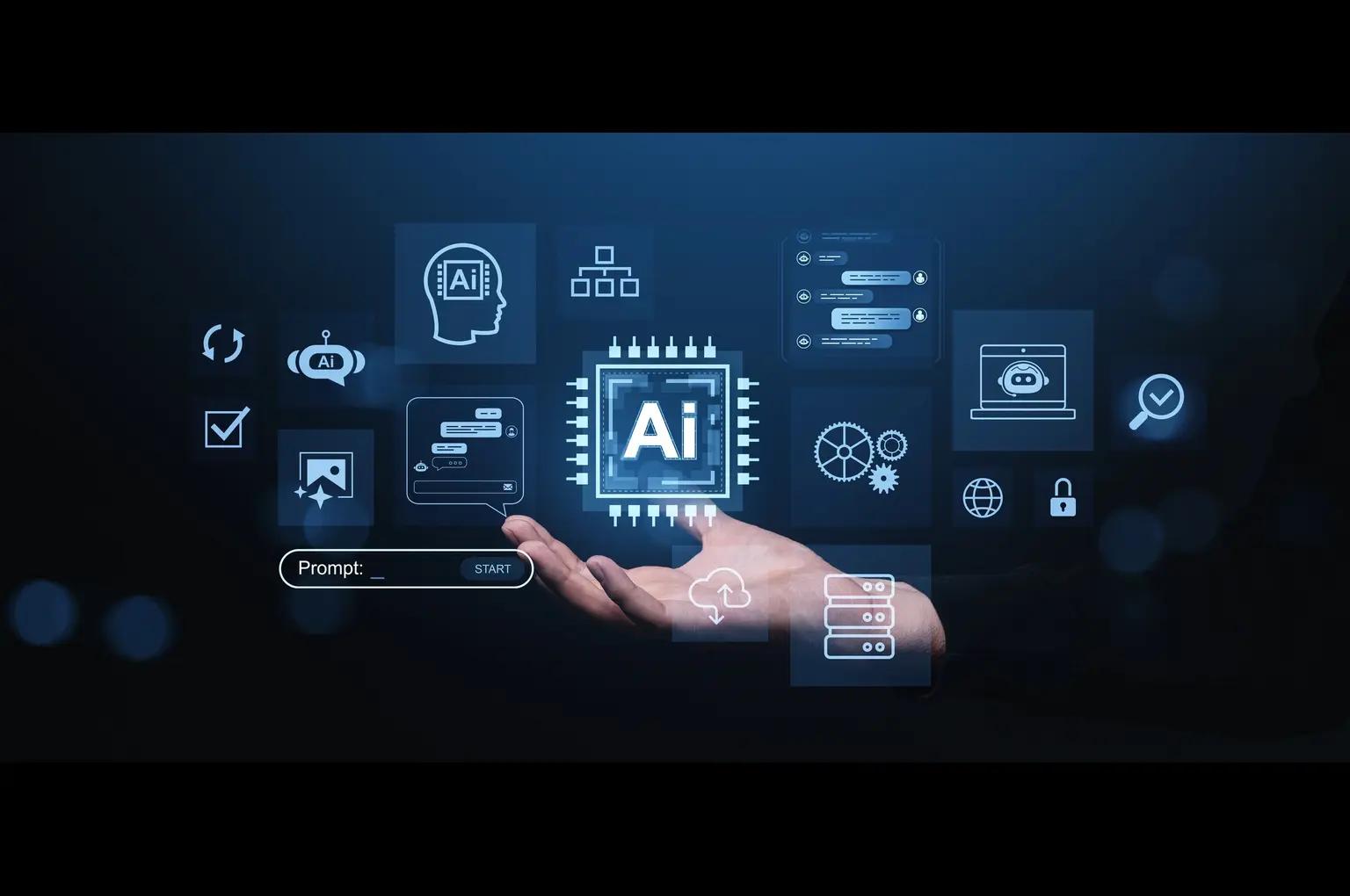The AI Co-Pilot: Revolutionizing the Developer Experience
At the heart of this transformation is the emergence of AI-powered coding assistants. These tools, seamlessly integrated into a developer's workflow, are automating routine tasks and offering intelligent suggestions in real-time. This is leading to significant boosts in productivity and speed, with some estimates suggesting improvements of 20-50%.
Key applications of generative AI in the software development lifecycle include:
Code Generation and Autocompletion: AI tools can generate boilerplate code, functions, and even complex algorithms from natural language prompts, dramatically reducing development time. They can also provide intelligent code completions, anticipating the developer's intent.
Automated Testing and Bug Detection: Generative AI can automatically create test cases, leading to more comprehensive test coverage. It can also analyze code to identify potential bugs and security vulnerabilities, suggesting fixes before they become major issues.
Intelligent Data Processing and Automation: A crucial part of modern application development involves handling unstructured data. This is where platforms like docgini come in. By leveraging LLMs, docgini can classify documents and extract critical information, converting it into structured JSON. This automates a vital part of the data pipeline, allowing developers to focus on core application logic instead of writing complex data-parsing code.
Enhanced Code Refactoring and Optimization: AI can analyze existing codebases and suggest improvements for better performance, readability, and maintainability.
Beyond Efficiency: Fostering Creativity and Innovation
The impact of generative AI extends beyond mere automation. By handling mundane and repetitive tasks, it frees up developers to focus on higher-level problem-solving and creative endeavors. This shift allows for greater innovation and the development of more sophisticated and user-centric applications.
Furthermore, platforms that intelligently process information, like docgini's ability to automate data extraction from emails, empower developers to build more dynamic and responsive applications. Imagine an application that can automatically process invoices received via email, update a database, and trigger a payment workflow, all with minimal manual coding. This level of automation was once complex and time-consuming to build but is now increasingly accessible.
Navigating the Challenges and Embracing the Future
Despite the immense potential, the integration of generative AI into development platforms is not without its challenges. Concerns around the quality and reliability of AI-generated code, potential security vulnerabilities, and inherent biases in the training data are all valid and require careful consideration.
However, as generative AI models continue to mature and developers become more adept at leveraging these powerful tools, these challenges will be mitigated. The future of software development will undoubtedly be a collaborative one, where human developers, armed with intelligent AI assistants and specialized platforms like docgini, can build more innovative, robust, and secure applications at an unprecedented pace. The journey has just begun, and the possibilities are limitless.


